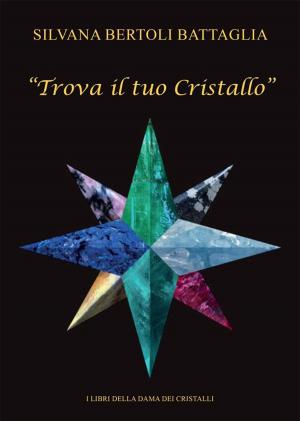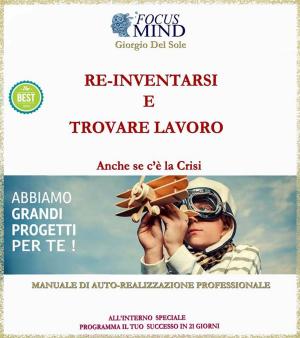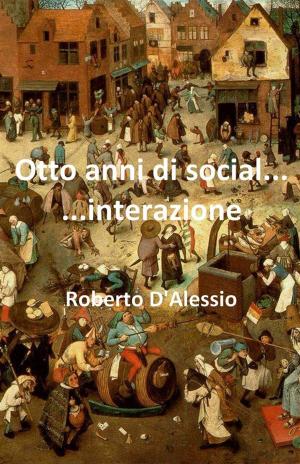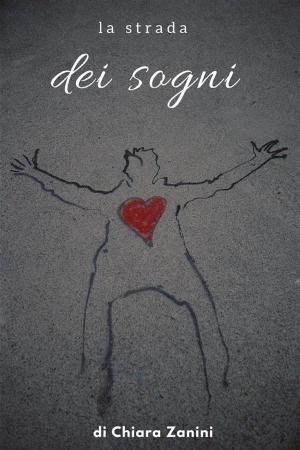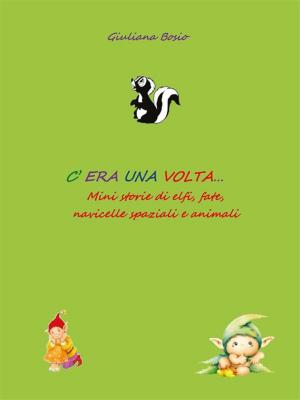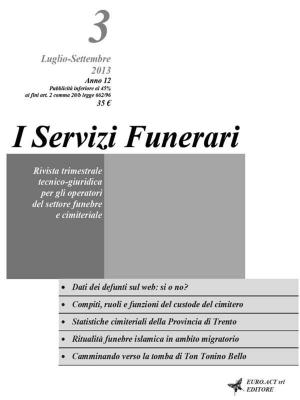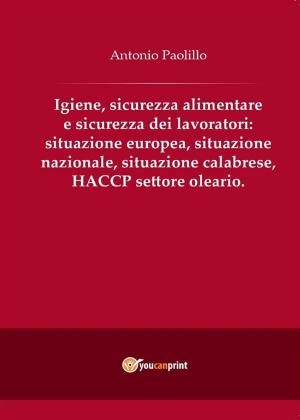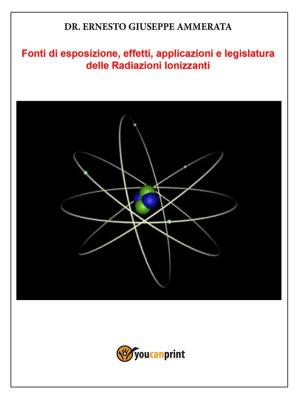Vedanta philosophy. Lecture by Swami Abhedananda on does the soul exist after death?
Nonfiction, Religion & Spirituality, Eastern Religions, Hinduism| Author: | Swami Abhedananda | ISBN: | 9788831627405 |
| Publisher: | Youcanprint | Publication: | June 24, 2019 |
| Imprint: | Language: | English |
| Author: | Swami Abhedananda |
| ISBN: | 9788831627405 |
| Publisher: | Youcanprint |
| Publication: | June 24, 2019 |
| Imprint: | |
| Language: | English |
One of the most poetical of the Upanishads, I mean the Katha Upanishad, which has been translated by Sir Edwin Arnold, under the title of “The Secret of Death,” begins with this inquiry: “There is this doubt; when a man dies, some say that he is gone forever, that he does not exist, while others hold that he still lives; which of these is true? “Various answers have been given to this question; metaphysics, philosophy, science and religion have tried to solve this problem. At the same time, attempts have also been made to suppress this question and to prevent inquiry as to whether or not man exists after death. Hundreds of thinkers have brought forward all sorts of arguments to do away with questions bearing upon this momentous subject. From ancient times, there have been atheistic and agnostic thinkers in India who denied the existence of the soul after the death of the body. They are known as Chârvâkas. They believe that the body is the soul, and that the soul does not exist outside of the body, and that when the body dies, the soul is also dead and gone. They believe in nothing that cannot be perceived by the senses. Their motto is: “As long as you live, do not fail to enjoy. Live comfortably and enjoy the pleasures of life. Do not think of the future. Get all that you need and wish; if you have not got money, then beg or borrow it, for when the body is burned into ashes no one will have to be accountable for your deeds.”
One of the most poetical of the Upanishads, I mean the Katha Upanishad, which has been translated by Sir Edwin Arnold, under the title of “The Secret of Death,” begins with this inquiry: “There is this doubt; when a man dies, some say that he is gone forever, that he does not exist, while others hold that he still lives; which of these is true? “Various answers have been given to this question; metaphysics, philosophy, science and religion have tried to solve this problem. At the same time, attempts have also been made to suppress this question and to prevent inquiry as to whether or not man exists after death. Hundreds of thinkers have brought forward all sorts of arguments to do away with questions bearing upon this momentous subject. From ancient times, there have been atheistic and agnostic thinkers in India who denied the existence of the soul after the death of the body. They are known as Chârvâkas. They believe that the body is the soul, and that the soul does not exist outside of the body, and that when the body dies, the soul is also dead and gone. They believe in nothing that cannot be perceived by the senses. Their motto is: “As long as you live, do not fail to enjoy. Live comfortably and enjoy the pleasures of life. Do not think of the future. Get all that you need and wish; if you have not got money, then beg or borrow it, for when the body is burned into ashes no one will have to be accountable for your deeds.”


